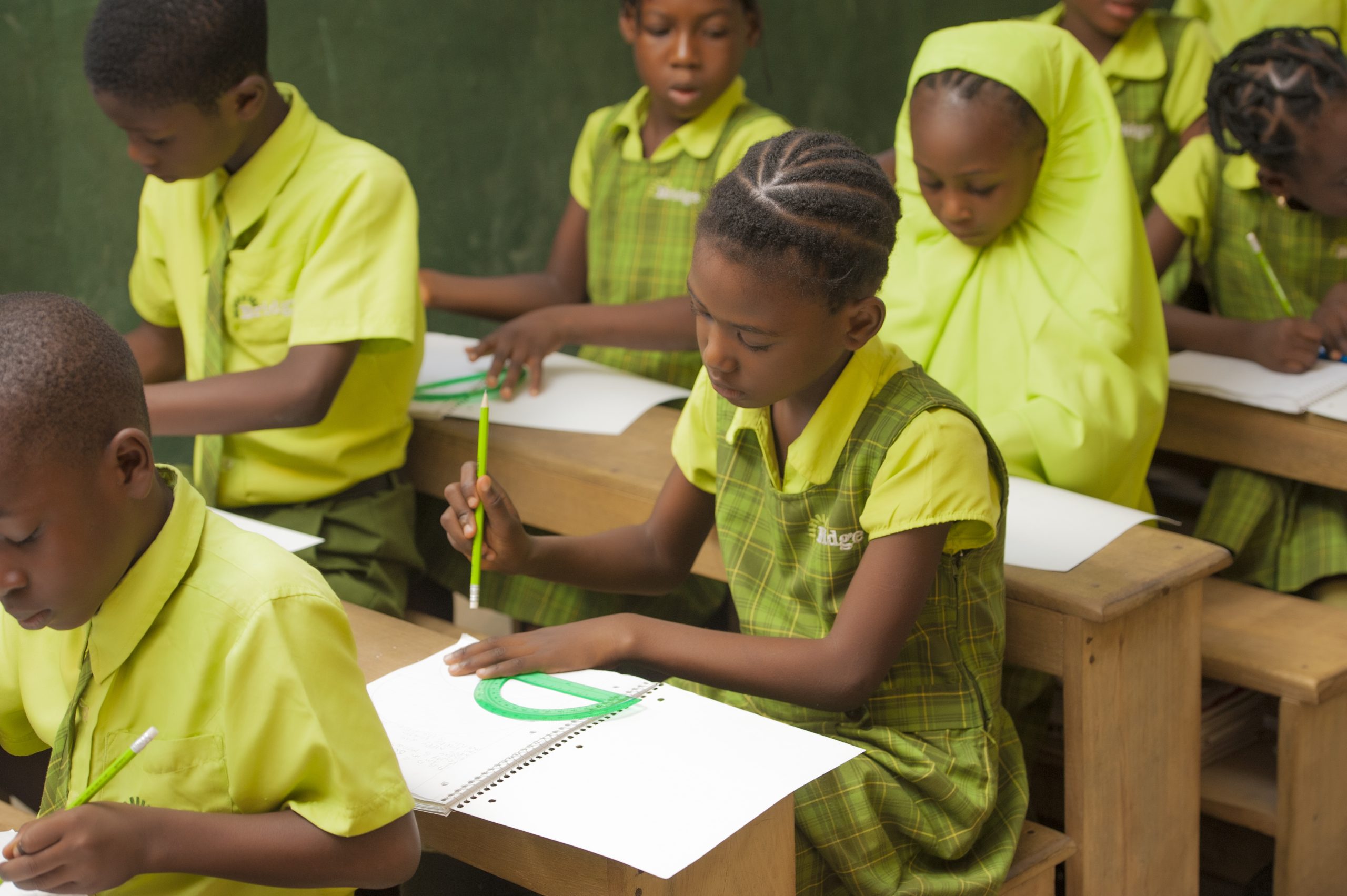A Professor of Science Education at Nasarawa State University, Keffi (NSUK), Benneth Uzoechi, has raised concerns over the adoption of foreign academic curricula in private schools, arguing that it places Nigerian students at a disadvantage.
Speaking at NSUK’s 51st Inaugural Lecture on Wednesday, themed “Creating Equitable Science Learning Environments: Integrating Nature and Nurture in Nigerian Classrooms,” Uzoechi warned that the use of non-Nigerian curricula contradicts the National Policy on Education and undermines cultural identity among young learners.
Uzoechi emphasized that foreign curricula are not culturally inclusive, as they fail to reflect Nigeria’s language, local examples, societal values, and traditions.
“The Nigerian child is put at a disadvantage because such curricula are not culture-friendly in terms of language, examples, illustrations, attitude development, and cultural heritage. This does not promote equity or national identity,” he stated.
He criticized private schools that prioritize British and American curricula, arguing that they fail to prepare students for real-life experiences within Nigeria’s socio-economic environment.
“What are we teaching our children? To become Americans, British, or non-Nigerians? We must help them develop as Nigerians by teaching them with examples that are relevant to their own society,” he asserted.
The professor urged private schools to align with Nigeria’s educational policies and abandon foreign curricula in favor of nationally approved teaching frameworks that reinforce Nigerian culture and values.
READ ALSO: Insecurity forces shutdown of over 20 schools, 13 clinics in Katsina-Ala
He called on the Federal Government to strictly regulate curriculum development and enforce compliance with the National Policy on Education, ensuring that all schools adhere to standardized educational content.
“I belong to the group that reviews curriculum at the basic and secondary education levels. There are many local inputs we have made—using examples from our environment, local issues, and illustrations that resonate with Nigerian realities,” he explained.
Uzoechi cautioned that foreign curricula introduce foreign ideologies that may distort Nigerian students’ perspectives and detach them from their cultural roots.
“When schools implement foreign curricula, they are using foreign examples that do not fit into our social reality. This weakens the child’s connection to their environment and affects their national consciousness,” he noted.
Uzoechi also highlighted the importance of integrating nature and nurture in science education, stressing that learning should combine students’ natural abilities with environmental influences to produce well-rounded individuals.
“For nature, children are born with their unique characteristics. Nurture comes from their environment, social existence, and educational experience. When both are properly integrated in classrooms, we can build well-educated individuals equipped for national development,” he explained.
He further advocated for inclusive science education, emphasizing that every Nigerian child—regardless of background—deserves a supportive learning environment.
“We must create a conducive environment for all learners, regardless of culture or economic status. Science is a fundamental necessity, and every child has a right to quality education,” he said.
Uzoechi stressed that improving STEM (Science, Technology, Engineering, and Mathematics) education in Nigeria requires a deliberate effort to integrate both nature and nurture approaches.
He encouraged educators and policymakers to prioritize localized teaching strategies that will enhance student learning outcomes, bridge educational gaps, and strengthen Nigeria’s scientific and technological advancement.
With Nigeria striving to compete globally in education and innovation, experts like Uzoechi believe that reforming curriculum policies and fostering indigenous learning approaches are crucial steps toward national progress.

 Health1 week ago
Health1 week ago
 Business1 week ago
Business1 week ago
 Health6 days ago
Health6 days ago
 Latest1 week ago
Latest1 week ago
 Football6 days ago
Football6 days ago
 Latest1 week ago
Latest1 week ago
 Crime6 days ago
Crime6 days ago
 Football1 week ago
Football1 week ago

